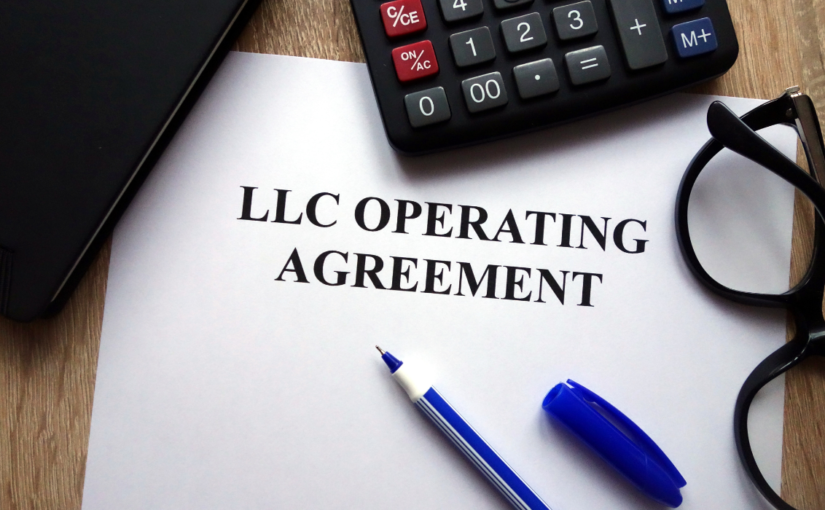back
Tax Implications of Investing in Real Estate through a Partnership or LLC
04-2023

One of the most well-liked investment possibilities for both private investors and corporate investors is real estate. Due to the advantages of combining resources and risks, many investors decide to invest in real estate through partnerships or limited liability corporations (LLCs). Yet, it’s crucial to be mindful of the tax repercussions when purchasing real estate through a partnership or LLC.
In this article, we’ll go over the tax repercussions of making real estate investments through a partnership or LLC and provide advice on how to improve your tax situation.
What is a Partnership or LLC?
Let’s quickly review what a partnership or LLC is before getting into the tax repercussions. A partnership is a type of commercial organization where two or more people, companies, or other entities join forces to run a company. Each partner contributes resources, such as money, work, or knowledge, and they each share in the partnership’s gains and losses.
An LLC is a hybrid business structure that combines partnership tax advantages with corporate liability protection. Although LLCs are taxed similarly to partnerships, revenues and losses are distributed to the owners and reported on their individual tax returns.
Tax Implications of Real Estate Partnerships
The partners’ tax obligations when making real estate investments through a partnership are determined by their proportionate share of the partnership’s gains and losses. As a result, the amount of their ownership in the partnership determines each partner’s taxable income.
The profits and losses are divided, for instance, if a partnership has two partners and one owns 60% of the business while the other owns 40%. The 60% partner would receive $60,000 and the 40% partner would receive $40,000 if the partnership made $100,000 in earnings. These sums would be disclosed on the individual tax returns of each spouse.
Depreciation deductions are another way that partnerships might save money on taxes. Depreciation is the practice of subtracting an asset’s cost over the course of its useful life. When a partnership owns real estate, it is allowed to subtract depreciation from the value of the asset. According on the partners’ percentages of ownership, the deductions are distributed among them.
For instance, if a partnership had two partners and a 60/40 ownership split on a piece of property with a depreciable basis of $1 million, the 60% partner would be eligible for $600,000 in depreciation deductions, while the 40% partner would be eligible for $400,000 in deductions.
The possibility to postpone paying capital gains taxes by using a 1031 exchange is another tax advantage of investing in real estate through a partnership. Investors can sell one property and use the money to buy another without having to pay capital gains taxes on the sale thanks to a 1031 exchange. Until the new property is sold, the tax obligation is postponed.
Tax Implications of Real Estate LLCs
Similar tax advantages to those of investing through a partnership are available when investing in real estate through an LLC. Similar to partnerships, LLCs are pass-through businesses, which means that the owners receive a portion of the earnings and losses and must disclose them on their individual tax returns.
The tax classification of LLCs is likewise flexible. An LLC has the option of choosing between taxation as a C corporation, S corporation, or partnership. To choose the right tax classification for your company, you need speak with a tax expert because each one has benefits and drawbacks.
The possibility of offsetting losses against other revenue is one potential tax benefit of an LLC. If an LLC experiences a loss, the owner may utilize the loss to reduce other sources of income. This may lead to a reduced overall tax obligation.
Protecting personal assets from litigation and creditors is another benefit of real estate investing through an LLC. Because to the limited liability protection provided by the LLC form, the owners are not held personally accountable for the debts and liabilities of the company. In the event that the LLC is sued, the creditor may only pursue the LLC’s assets and not the owners’ individual assets. For real estate investors, who are frequently exposed to huge liabilities, this insurance can be extremely important.
It’s crucial to remember that an LLC does not provide complete limited liability protection. Owners may lose their limited liability protection if they engage in unlawful or fraudulent behavior, or if they disregard certain requirements like holding separate bank accounts or keeping accurate records.
The opportunity to divide earnings and losses among partners, claim depreciation deductions, and postpone capital gains taxes through a 1031 exchange are just a few of the numerous tax advantages that come with investing in real estate through a partnership or LLC. Moreover, restricted liability protection is an additional advantage of investing through an LLC. To make sure you are optimizing your tax situation and abiding by all relevant tax laws and regulations, it’s crucial to consult with a certified tax professional.
F2H Capital Group is a debt advisory firm specializing in negotiating the best terms for your commercial real estate projects. The company offers a range of financial products and services, including fixed loans, bridge loans, and construction loans across all asset types. Please contact us for any of your financing needs.

